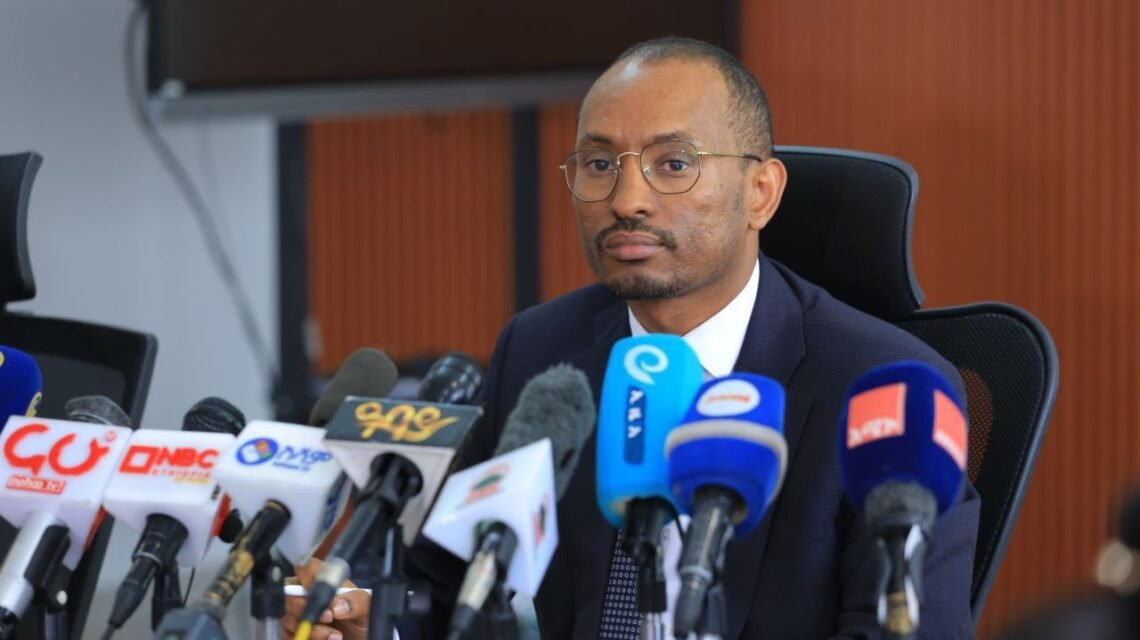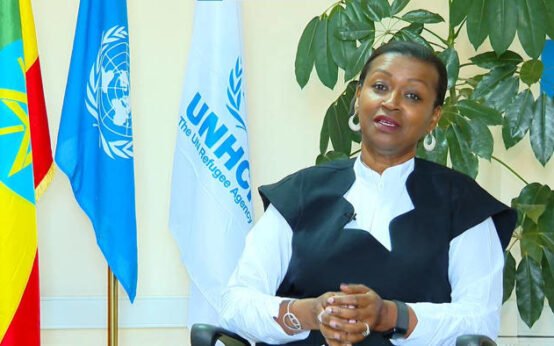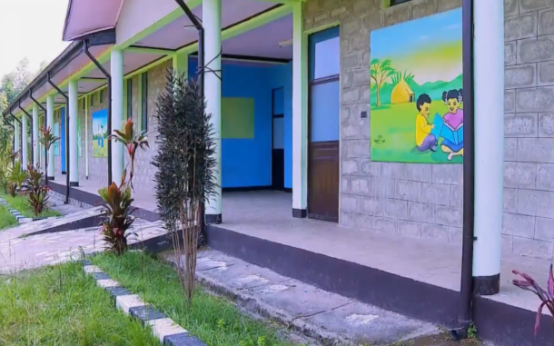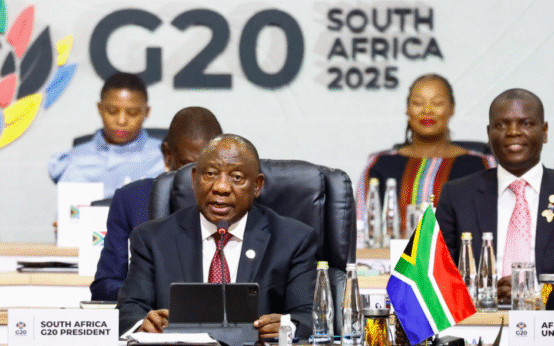Ethiopia’s bold and sometimes risky economic reforms are starting to deliver tangible results especially for one of its most important state owned enterprises, Ethiopian Electric Power . Over the past year, the company has recorded a significant increase in foreign exchange income, giving it much-needed breathing space to fund operations, settle debts, and invest in new energy projects.
From Overvalued Birr to Market-Based Currency: The Power of Reform
In mid-2024, Ethiopia took a major leap by switching from a fixed exchange rate to a market-controlled value for the birr. This shift was essential to align the birr with global markets and curb chronic shortages of foreign currency. Initially, the birr’s value dropped by over 100%, making Ethiopia’s exports more competitive and helping EEP fast-track its outstanding foreign debts and project bills.

The International Monetary Fund applauded the move, highlighting that Ethiopia’s inflation dropped, exports picked up, and foreign reserves grew stronger than expected under this new system.
Surge in Foreign Currency Earnings: Record FX Boost
Reforms bore fruit. Ethiopia generated a record $32.1 billion in foreign exchange during the 2024–25 fiscal year, largely due to gains from exports, remittances, investments, and aid. That’s a significant leap from $24.7 billion in just the prior year.
EEP benefited directly as a major state-owned enterprise with substantial foreign currency requirements, the improved FX supply enabled smoother payments for electricity equipment imports and project financing, reducing delays and risk.
Growing Foreign Exchange Reserves Support Energy Investment
Ethiopia’s central bank doubled its reserves to nearly $3.4 billion, up from about $1.6 billion prior reforms. Though still modest, this growth boosted by record FX inflows gave EEP a more stable environment for planning budgets, covering debts, and pursuing energy projects.

The IMF unlocked another $260 million in funding after confirming Ethiopia’s satisfactory economic reform progress. This includes liberalizing the FX market, improving fiscal transparency, and reducing inflation.
Still, the IMF cautioned that Ethiopia’s path forward remains challenging. Ongoing issues like parallel FX markets, security risks, and a drop in donor aid now below 4% of GDP could slow future gains for EEP and the broader economy
Support from World Bank, Stock Market Reform Spur Momentum
Simultaneously, Ethiopia secured $1 billion in World Bank financing, aimed at stabilizing the financial sector and improving trade competitiveness. This backing helps build confidence that further supports EEP’s operational stability.
Adding to the momentum, the launch of Ethiopia’s first stock market signals a broader commitment toward financial liberalization and private sector growth factors that reinforce EEP’s expansion potential in a modernizing economy.


 UNHCR Praises Ethiopia’s Leadership in Refugee Hosting Amid Global Funding Crisis
UNHCR Praises Ethiopia’s Leadership in Refugee Hosting Amid Global Funding Crisis  Ethiopia Expands Early Childhood Education Nationwide with Major Investments
Ethiopia Expands Early Childhood Education Nationwide with Major Investments  Ethiopia’s 5 Million Coders Program Boosts Digital Skills Among University Students and Youth
Ethiopia’s 5 Million Coders Program Boosts Digital Skills Among University Students and Youth  Ethiopia Nationwide Dialogue ECSOC Calls It a Critical Opportunity for National Consensus
Ethiopia Nationwide Dialogue ECSOC Calls It a Critical Opportunity for National Consensus  Ethiopia and UAE Reaffirm Commitment to Deepen Strategic Partnership
Ethiopia and UAE Reaffirm Commitment to Deepen Strategic Partnership  Ethiopia Raises Africa’s Voice on the World Stage at Historic G20 Summit
Ethiopia Raises Africa’s Voice on the World Stage at Historic G20 Summit